In order to cultivate an open mind and ability to consider issues from multiple angles, we provide students ample opportunities to study and volunteer abroad. Through these experiences, students have the chance to deepen their understanding of and respect for diversity, and at the same time, to rediscover what makes Japan.
Our school is a member of Round Square *, an organisation through which member schools from 50 countries participate in international conferences, exchange programmes, etc.
*Round Square ... This International Association of Private Schools was founded in 1966 to develop the next generation of international leaders. Headquartered in the United Kingdom, it has approximately 200 member schools from more than 50 countries and regions. Our school joined this organisation in 2018.
Round SquareLinden Hall High School encourages students to participate in overseas exchange programmes.
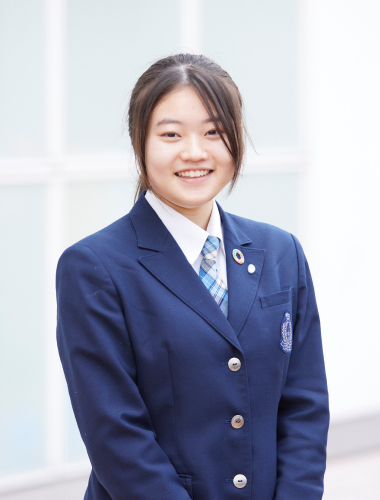
In the future, I want to practice medicine in Japan and abroad, so I am planning to go to university overseas. I decided to participate in an overseas exchange programme because I thought it was a necessary step to get to that goal.
At Linden Hall School, Japanese students do speak English with each other, but when we study abroad, we have to use English in every situation. This was a fresh experience for me. However, even when I couldn't communicate well, the people around me made an effort to include me, so I was able to relax and open up. I think that by talking with people from different countries, my ability to accept new perspectives strengthened. As an exchange student, I attended a local school, participated in regular classes, and used real-life English that can't be found in textbooks or grammar books. I am excited at how much my language skills have improved.
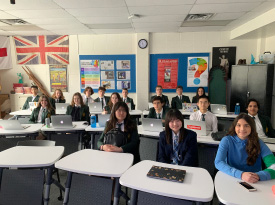
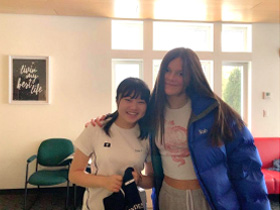
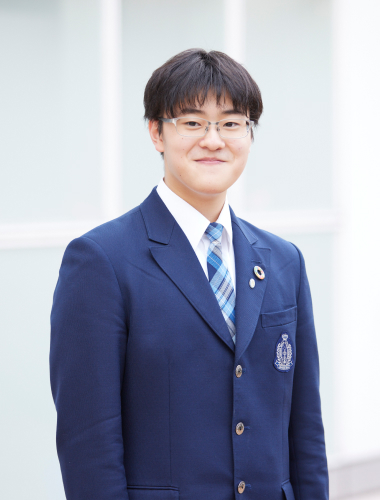
I have been at Linden Hall School from elementary school to high school, and I have been very lucky to have great classmates. To challenge myself in an environment different from the school I have gotten so comfortable with, I decided to study abroad and build new international friendships. I also wanted to test my English ability overseas and further improve my language skills.
Making friends overseas has been an important milestone in my life. Through studying and playing sports together, we were able to develop a meaningful bond.
After I returned to Japan, we continued to build our friendship online, sharing information about what we are currently studying and teaching each other our native languages. Through this communication, I have gained even more confidence in my English ability. I really appreciate how the people I met overseas have made an effort to reach out to me. This has made me open up, and as a result, I feel my language ability has improved.
Finally, through having to be more independent while overseas, I became more grateful to my parents for what they do for me everyday. I feel that studying abroad as made me grow up.
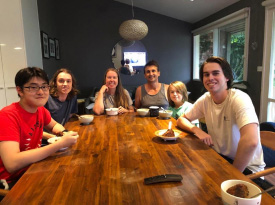
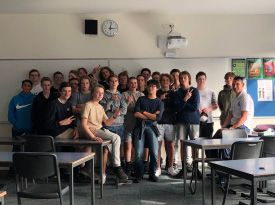
Grade 11 students (second-year high school students) participate in overseas study tours. Through volunteering overseas, students learn about the current situation in developing countries and gain greater awareness about environmental issues.
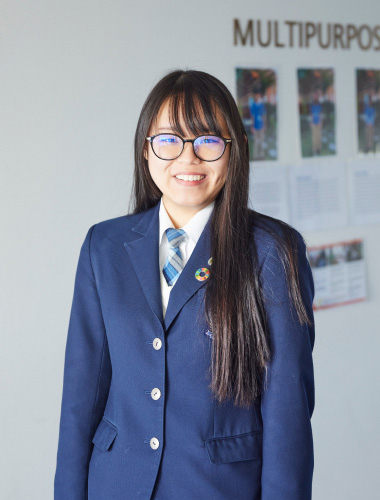
While I volunteered in various ways, I realised that there were many problems that could not be solved through short-term volunteerism. I felt I could not fully help the local people in need. This experience led me to think deeply about what I should do in the future and how to support more people in the long term.
I was impressed that people in Fiji seemed to be living their lives very happily, even though there were not as many convenient gadgets as in Japan and other developed countries. Every day, I looked forward to tea time with the local people. I found very meaningful the time we spent chatting while sipping tea and munching on traditional sweets such as handmade coconut scones, playing cards and teaching each other our native languages. My experience in Fiji was one of many discoveries, and it made me reflect upon what wealth truly is.
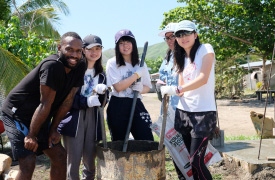
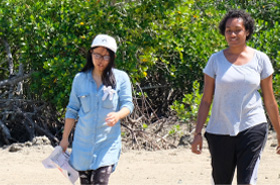
We also introduce to students, according to their individual interests, volunteer activities organised by outside institutions. Students can participate with the full support of the school.
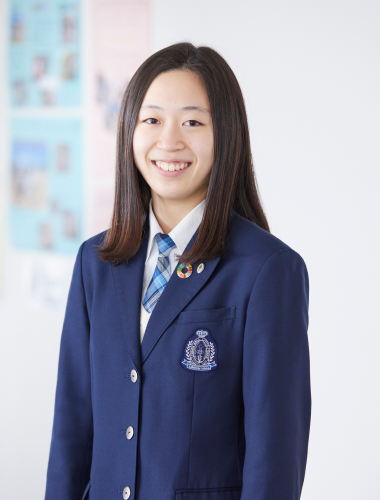
I participated in this programme because I wish to work in medicine, and I thought it would be valuable to interact face-to-face with patients overseas.
Before participating in the volunteer activities, the GPSA programme held 16 preparatory sessions in which we learned how to take blood pressure using a stethoscope as well as how to measure heart rate and blood sugar levels. In addition, the textbook provided let me learn in advance about the medical and social problems that underprivileged areas may face, as well as about the local culture.
As a result of participating in the volunteer activities, I learned that the causes of healthcare provision issues include not only poverty and infrastructure, but also problems related to national boundaries and immigration. I realised that there are so many things that I have to see with my own eyes to really understand, and how many problems there are out there to solve. I also realised I need to improve my communication skills, as they are so important for the medical field. There is no time for shyness when there are so many patients who need help. Through the volunteer experience, I felt that I was able to break out of my shell, communicate more actively, read people's feelings from their expressions and, above all, communicate with them in a way that was easier for them to understand. Participating in this meaningful programme helped me understand both the challenges and fulfilling nature of a medical career. Today, I have a clearer picture of my career dreams.
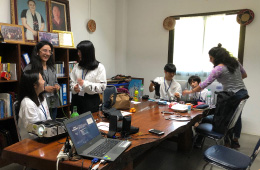
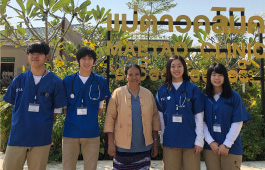
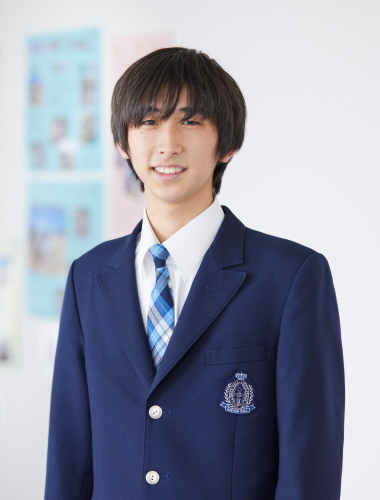
When I was a child, I had an abdominal surgery. At that time, I was told that if I had not been able to have the surgery, I might have died. The experience made me begin to think vaguely about a future in medicine in underprivileged areas.
When there was a call for medical volunteers to go to Thailand, I applied to the programme, hoping to see the situation for myself and help out.
I was very impressed by the fact that the local people, despite the living conditions they faced and lack of medical care, were always smiling and internally so strong. They treated me in a very friendly and kind manner. I felt keenly how blessed I was in my everyday life in Japan, and I felt ashamed of not having noticed this before.
Before I joined this programme, I only had a vague vision of becoming a doctor in the future and helping people in underprivileged areas, but through the programme, I became convinced that this would be my path forward. I realised I needed to be more proactive to achieve this goal, so now I make a greater effort to interact with my school’s teachers from overseas, and my daily behaviour has changed.
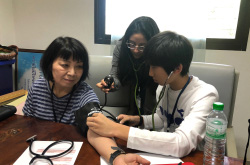
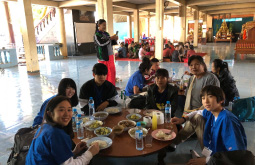

Loading